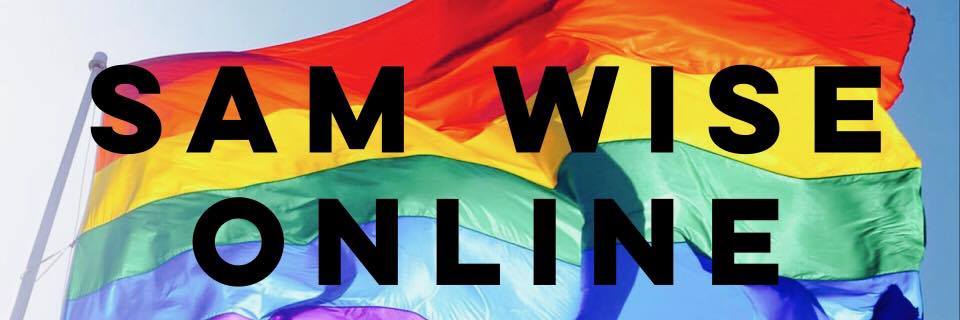Citizenship is a term with no singular meaning, and certainly a term which has evolved and expanded over the course of history. Now with social media continuing to increase in prominence across society, the term citizenship has continued it's evolution.
John Hartley Silly Citizenship (2010 p232) comments "citizenship applies to whole populations, but who is included or excluded is contentious and unsettled, and thus the term evolves". Hartley makes reference to children a lot in his paper, and relates particularly to this idea of who is included and excluded in terms of citizenship.
Children are often considered to be non-citizens, in that they rarely perhaps engage with mainstream media news outlets on television or in other forms. But with the birth and increase in social media use , more and more children do have access to a variety of information and communication resources, which they might have once never engaged with, therefore becoming more like active citizens.
This has, in my opinion, brought up debates in recent years, for example over whether 16 and 17 year olds should be able to vote in elections, it was argued during the EU Referendum campaign in 2016, that 16 to 17 year olds should be able to vote, as the decision to leave the European Union would arguably have the greatest impact on them, as the next generation. They were however, excluded.
This idea of exclusion from citizenship can be traced back through the centuries. Hartley mentions the colonial period in the United States, when citizenship was expressed through male property owners only, Hartley (2010 p235) states "thus the United States was founded not on a democratic but a patrician notion of citizenship", so citizenship, but with only a section of society having a voice and an active engagement.
As the years have passed by fighting for rights, such as the right to vote, have contributed to the evolution of citizenship even more, such as the Civil Rights movement in the United States, or in more recent times the decision to extend marriage to same sex couples in the UK.
All of this is citizenship in action, and expands in a way, the level to which different sections of society consider themselves to be citizens. Just as children using social media, probably feel more like citizens through new tools of communication and self representation through social networks.
But social media hasn't just allowed for children to become more involved with citizenship. Social media has allowed for more so called DIWO activism (do it with others), as Catlow and Garret A Handbook for Coding Culture (2007 p21) explain "DIWO means exploring potential to share visions, resources, and agency, through collaboration and negotiating across physical and virtual networks".
This idea of coming together and collaboration has always been associated with citizenship but with social media that collaboration can move across boarders and citizenship can will continue to evolve.
Links:
A Handbook for Coding Culture (2007)
John Hartley Silly Citizenship (2010)


No comments:
Post a Comment